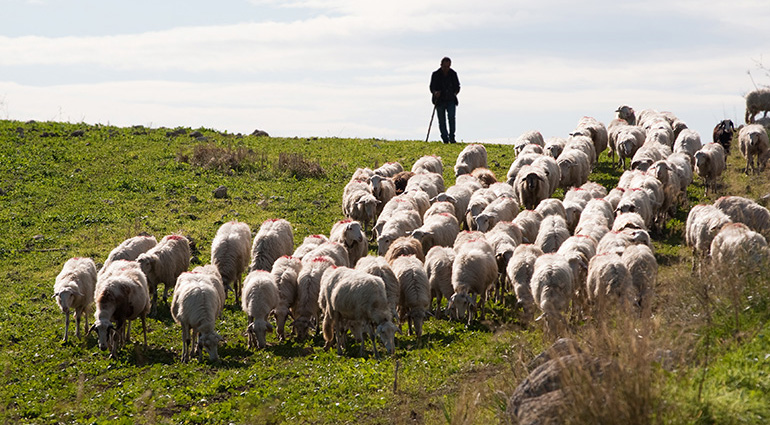Promises, Promises
He has given us his very great and precious promises, so that through them you may participate in the divine nature. 2 Peter 1:4
My youngest daughter and I have a game we call “Pinchers.” When she goes up the stairs, I’ll chase her and try to give her a little pinch. The rules are that I can only pinch her (gently, of course!) when she’s on the stairs. Once she’s at the top, she’s safe. Sometimes, though, she’s not in the mood to play. And if I follow her up the stairs, she’ll sternly say, “No pinchers!” I’ll respond, “No pinchers. I promise.”
Now, that promise may seem a little thing. But when I do what I say, my daughter begins to understand something of my character. She experiences my consistency. She knows my word is good, that she can trust me. It’s a little thing, keeping such a promise. But promises—or, keeping them, I should say—are the glue of relationships. They lay a foundation of love and trust.
I think that’s what Peter meant when he wrote that God’s promises enable us to “participate in the divine nature” (2 Peter 1:4). When we take God at His Word, trusting what He says about Himself and about us, we encounter His heart toward us. It gives Him an opportunity to reveal His faithfulness as we rest in what He says is true. I’m thankful Scripture brims with His promises, these concrete reminders that “his compassions never fail. They are new every morning” (Lamentations 3:22–23).
INSIGHT
By the time we get to Peter’s writings in the New Testament, God’s reputation as a “promise-keeper” is well established. Early we see that the God of the Bible makes promises that match His role as the sovereign, Almighty God. And He delivers what He promises. The roots of this “promise-making,” “promise-keeping” attribute are deep in the soil of Genesis. When the patriarch Abraham was called to relocate to a place he had never seen, he went. Along with words that instructed him to leave what was familiar came promises that the Lord would make of him a great nation, give him a great name, and bless the nations of the world through his offspring (see 12:1–3). That offspring was Christ (see Galatians 3:16; Hebrews 6:11–20) and the promise remains good today for all who embrace Him.
How does knowing God keeps His promises encourage you in your season of life?











